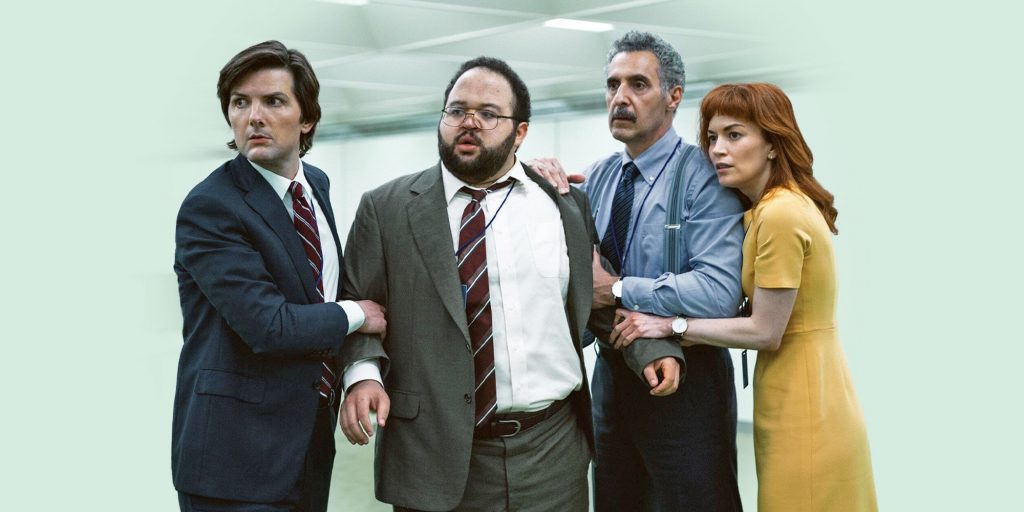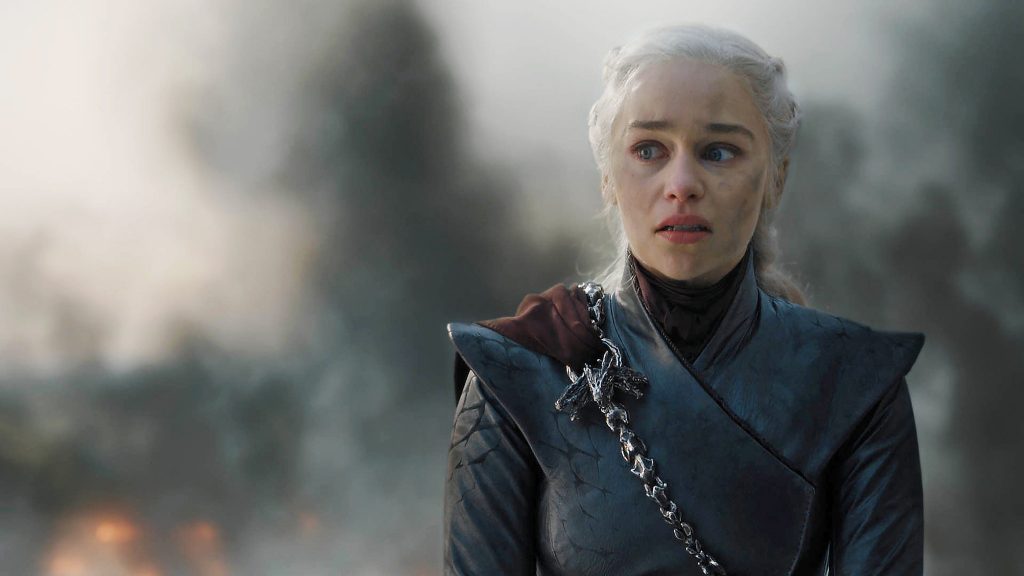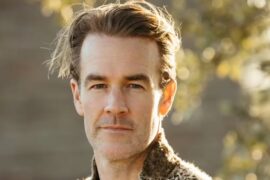
I’ve read and listened to a few think pieces about the state of television lately.
One was an excellent piece in the New York Times, suggesting we are in an era of “mid TV” (TLDR: everything is good, everything looks great, but few shows rise above “pretty good”). The other piece of content was Derek Thompson appearing on the Bill Simmons podcast, suggesting there is a massive screenwriting problem in Hollywood; similarly, Thompson points out that everything looks movie quality, but the scripts feel like AI-generated pablum.
I agree with both these opinions, and encourage you to check them out. We are in an era of content that is “fine” – and maybe that’s the point. Throw on said pablum in the background and scroll on your phone? We’ve all been there.
But I think there may be a more specific issue at hand. No one seems to be able to write a coherent ending. No conclusion. Get it?!
Before I go on, I’m not suggesting literally no show can write an adequate ending. Succession concluded the show beautifully, and some of TV’s latest, best works – Shogun and the stand-alone seasons of White Lotus come to mind – wrap up nicely. Of note, the latter two were mini-series’, and Succession concluded in a tidy 40 episodes.
Television (and movies) have little problem writing an interesting hook; they can successfully transport us into a distant world and make it interesting. Netflix series’ almost always seem to be created with a trailer in mind. But once the show creates the world, they seem unsure of where they want to take us.
advertisement
There’s no better example than Game of Thrones, which spent six seasons meticulously building a world, only to obliterate it in the most mesmerizingly devastating hatchet jobs ever broadcast on television. I was a huge fan of GoT, and (still) can’t believe how inept the writing was in the final two seasons.

Many of us forget that Lost was once in the cultural zeigest as well; and Season 1 stands up as a stellar season of television. The problem? The showrunners even admit they didn’t have a plan after the first season. and it showed. Lost eventually got weirder for weird’s sake, and devolved into one illogical reveal after another. I couldn’t even tell you how it ended.
Endings can be dropped into one of two groups:
1) Overcoming the big bad.
This is the most tired ending in television/movies. The main character takes on super-hero level abilities (maybe literally, maybe figuratively), and overcomes the big bad in a hail of bullets/tomfoolery. Happy couple/family/whatever walk away into the sunset.. unless another season is coming, then we’ll get a breadcrumb of where the next season is going in the final scene.
This is the ending for most dramas. Did you watch Black Doves? The Night Agent? Ozark? Tulsa King? The Gentlemen? These shows all look amazing (and in the case of Ozark, has a lot of good elements), but the showrunners never really bothered to write an adequate conclusion.
These shows often share another trait – character motivation and behaviour vary wildly in the last quarter. Someone who’s been a snivelling coward for 90 minutes will shoot their way out of trouble.
2) “We wrote ourselves into a corner – just end it already.”
Lost is the best modern example of this phenomenon, but I watched a movie recently that captures the situation pretty nicely. 2023’s Hit Man, starring Glenn Powell, is 95% of a good movie. The final 5% is so illogical I would discourage you from watching it. If you want a more high profile example, The Substance is the critical darling version of Hit Man.
One of my favourite shows currently airing is Severance, but I strongly suspect it’ll end up in this category as well. After each episode, Apple interviews the directors, stars, and showrunner, where they concede that some of the bigger reveals are things they come up with on the fly. That’s… not promising.
I suspect this is a byproduct of the times; with streaming services, everything is measured in views, and I doubt that benefits the thinking man’s movie. The best television of the 2000s has often been the brainchild of a sole creator, and it makes sense that one creator has a definitive end in mind.
In the spirit of these shows, I have no definitive conclusion for this article.
Editor’s note: Scott Tougas, like his dad and frequent brioux.tv contributer Maurice, watches TV with a critical eye. Disagree that scripted television, whether broadcast or streamed, has written itself into too many inconclusive corners of late? Let us know in the comments.






